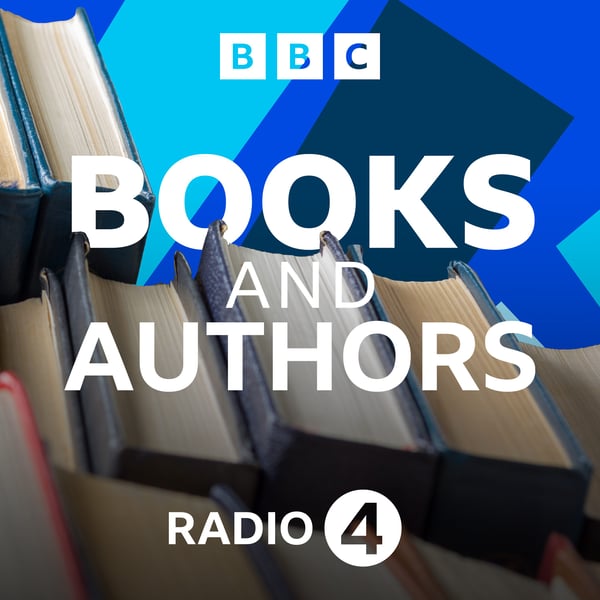Elizabeth Day talks to Fiona Mozley about her second novel, Hot Stew.
Books and Authors
BBC
4.2 • 824 Ratings
🗓️ 21 March 2021
⏱️ 28 minutes
🧾️ Download transcript
Summary
Elizabeth Day talks to Fiona Mozley about her second novel, Hot Stew.
Transcript
Click on a timestamp to play from that location
| 0:00.0 | In Northern Ireland, from the late 70s to the early 90s, the IRA killed over 40 alleged informers. |
| 0:08.0 | But the man who often found, tortured and sometimes killed these people on behalf of the IRA |
| 0:12.0 | was himself an informer, a secret British army agent with the codename Stakeknife. |
| 0:18.0 | Who gets to play God? And why me? Why my family? When lies are still being told to this day, |
| 0:24.0 | who do you believe? I wouldn't even know where to start and I'm with the IRA. |
| 0:28.5 | Steakknife. Listen first on BBC Sounds. BBC Sounds, music, radio, podcasts. |
| 0:40.6 | Today on Open Book, The Oppressed Rise Up. |
| 0:44.5 | We look at collective action through the lens of some memorable characters, |
| 0:50.5 | and I'll be talking to two American authors exploring working-class history and its modern-day parallels. |
| 0:56.7 | But in a week that has seen legal restrictions on our right to protest debated in Parliament, |
| 1:04.3 | we start with a book that puts resistance at its call. Fiona Mosley's second novel, Hot Stew, is set in London Soho and centres around a brothel whose existence is under threat from the ruthless property |
| 1:10.1 | developer, Agatha Howard. Sex workers, |
| 1:13.4 | precious and her partner Tabitha, end up leading the charge against gentrification. Hot stew is |
| 1:20.4 | Mosley's follow-up to her 27 debut, Elmitt, which was shortlisted for the Booker Prize. But where Elmit |
| 1:26.7 | focused on a family of three, |
| 1:28.8 | the streets of Mosley's Soho are populated by a veritable riot of personalities, |
| 1:34.2 | including unscrupulous lawyers, up-and-coming actors, |
| 1:37.7 | a homeless soothsayer known as the Archbishop, |
| 1:40.2 | but arguably the most important character is Soho itself. |
| 1:46.4 | After the war, the concrete came and parallel lines and precise angles that connected earth to |
| 1:52.5 | sky. Houses were rebuilt, shops were rebuilt, and new paving stones were laid. The dead were |
| 1:59.5 | buried, the past was buried, there were new kinds of men and new kinds of women were laid. The dead were buried, the past was buried. |
... |
Please login to see the full transcript.
Disclaimer: The podcast and artwork embedded on this page are from BBC, and are the property of its owner and not affiliated with or endorsed by Tapesearch.
Generated transcripts are the property of BBC and are distributed freely under the Fair Use doctrine. Transcripts generated by Tapesearch are not guaranteed to be accurate.
Copyright © Tapesearch 2025.

